Sarah, inspired by her rabbi and lawyer parents to serve causes greater than herself, understands Judaism through the lens of community and questioning, is a veteran of the U.S. political system and campaign trail, now helps Israeli startups expand to North America, and knows the solution is not waiting for someone else to come up with the answer.
Make sure to read Sarah’s tips about preparing for the 2018 midterm elections!
In other words: VOTE ??
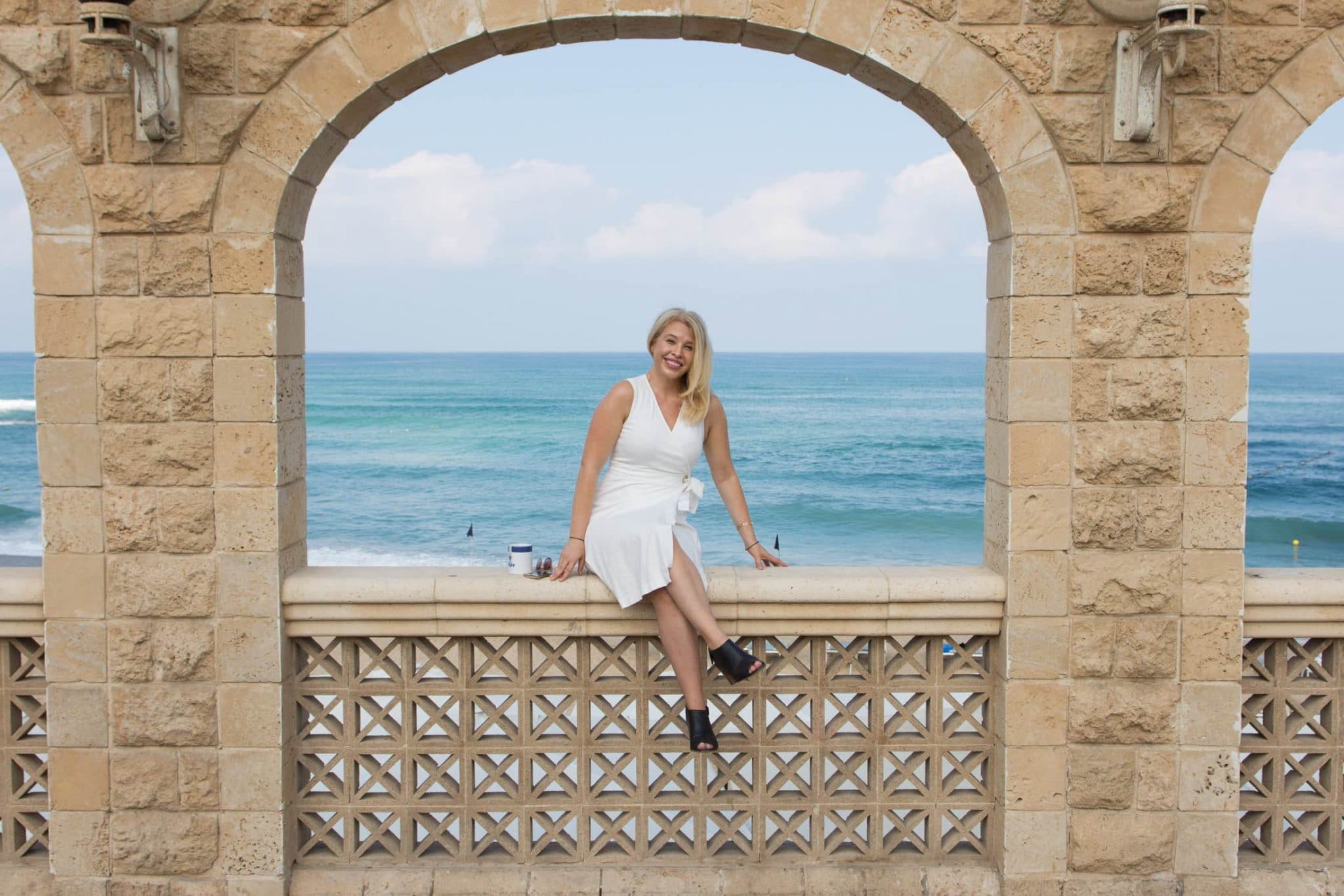
What is your earliest memory?
My dad was a rabbi, so we grew up in the shul, and my earliest memory is watching my dad give sermons.
What did you want to be when you were a kid?
I wanted to be my parents.
My dad was a rabbi and my mom was a lawyer. I was really proud of both of them. I was inspired by how dedicated they were, how hardworking they were, and how much they felt a responsibility towards causes that were larger than themselves. They served their community.
When I started getting involved in politics, it seemed a better fit for my skills and interests.
What advice would you give your teenage self?
Take a few more risks.
I was always a very outdoorsy, adventurous, energetic, spontaneous person.
I loved sports and I played on the soccer team, but I didn’t put myself out there and have as much confidence as I should have. I was trying to fit into more of an image of somebody who is a bookworm. That wasn’t really me.
Once my professional career started, I lived almost entirely out of my comfort zone. Working in politics forces you to do that based on the types of people that you’ll work with, the community that you’ll work in, what you’ll be asked to do. You leave a lot of your preconceived notions at the door and just jump in.
Working in politics was so fulfilling for me.
I lived all over the country. I got used to walking in the front door and learning how to make connections with people who are very different from me and talking about issues of policy and government.
Can you share some tips on how to build relationships with people who may think differently from you?
I always start where my center is and the things that are most important to me, which is my friends and my family and my community. I think that is one of the best ways to bridge a lot of differences. In most of my jobs on campaigns, I was just talking to everyday people about their families and about issues that affected them.
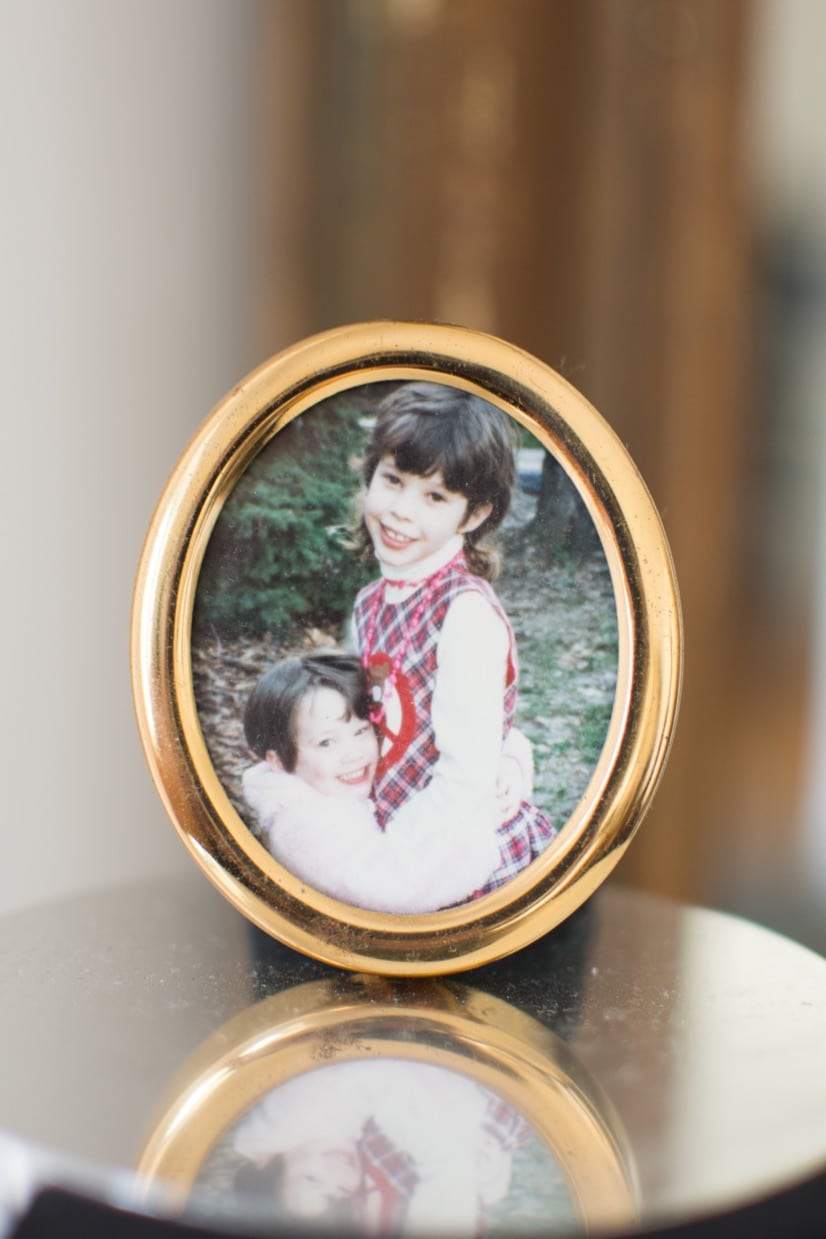
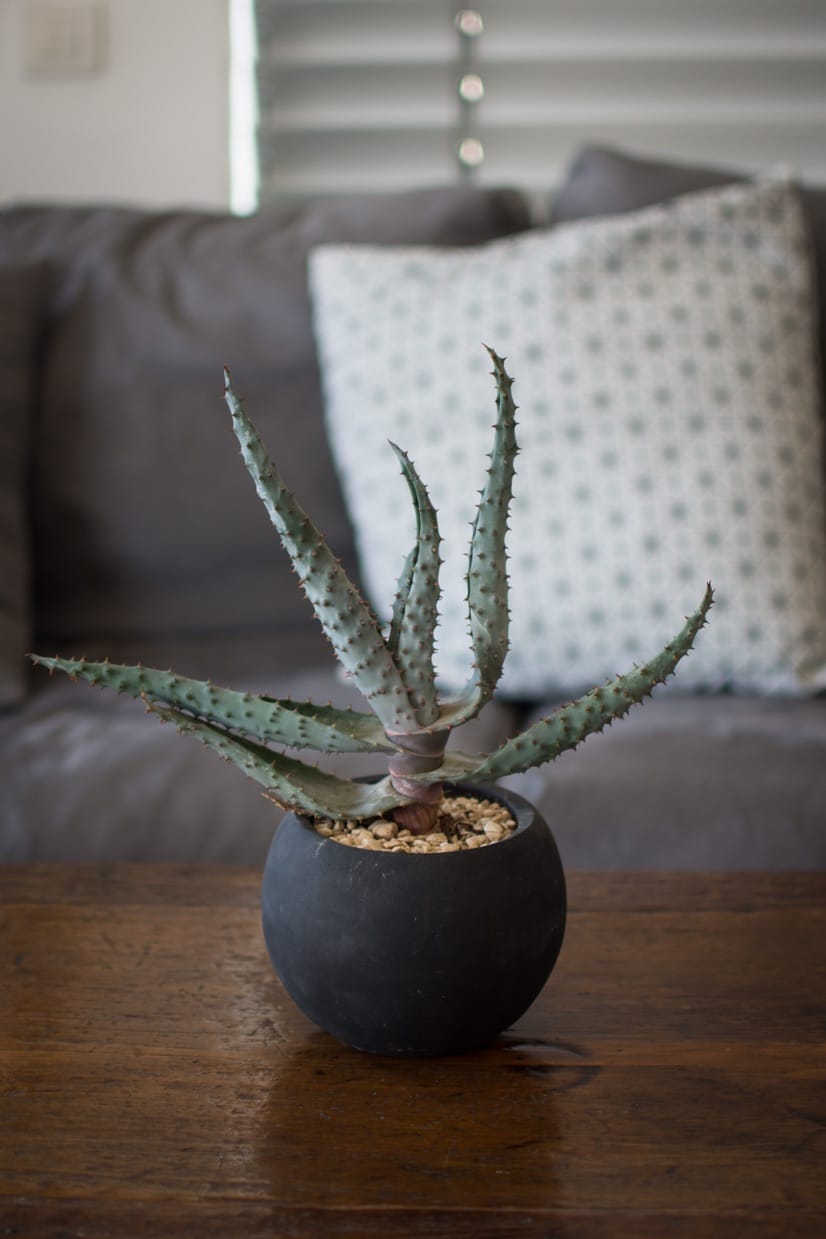
How role did Judaism play in your upbringing?
It touched me in a very profound way.
My mother was diagnosed with cancer when I was 11. She was rushed to the hospital the first night of Passover. She passed away in June, so it was a very short timeline.
I saw Judaism through the family, through the community.
Many people who didn’t even know my family came together to help support us, offer us help, offer us friendship, to just come by and tell us they were thinking about us. To this day, I am so tremendously grateful to the Jewish community of St. Louis, which is where we were at the time, for everything that they did to help my family get through the worst time in our lives.
What role does Judaism play in your current life?
I think of Judaism as the power of community and to support the community and be a part of the community. It exists on a subconscious level for me, because we live here in Israel and it’s a very tight knit community.
How have all of the different places you’ve lived informed your Jewish practice or identity?
I’ve lived and worked in a lot of places where there wasn’t a Jewish community. I was always looking for strong community structures and for ways to be a part of them and support them and engage with them.
I was doing some of my best Jewish work when I was outside of the Jewish community and working on values that I knew the Jewish community was passionate about, such as civil rights and economic opportunity and equality and coexistence.
Judaism has an incredible tradition of questioning.
Challenging authority and assumptions. That need to question the status quo and seeking out your own truth has been very much a part of my story.
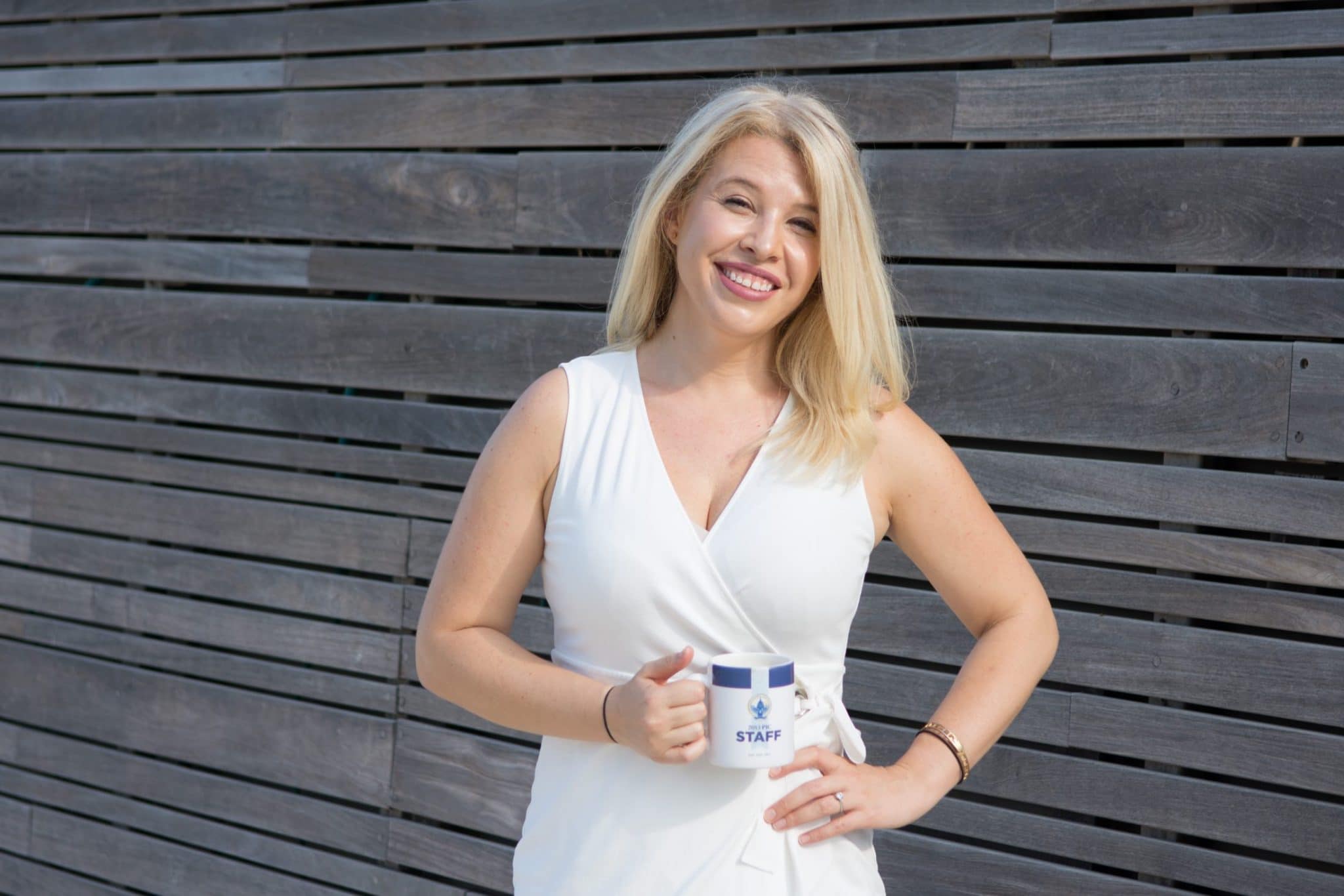
What is something that makes you smile?
Sitting down to coffee with someone really interesting and having a great conversation.
The first year that I was in Israel, I was trying to understand the ecosystem and the country, and I wanted try to meet and pick the brains of the most interesting people who would get coffee with me.
I ended up meeting incredible innovators- people of all ages, all professional backgrounds, all personal backgrounds – who I’m still very much in touch with today. It expanded my conception of what innovation is and how ingrained it is here.
I was looking to specifically understand what the Start-up Nation was all about. We’ve all read the book, but I wanted to understand what that meant on a very granular, specific level. Through meetings with entrepreneurs and founders, I also realized that there were similarities between some of the best political candidates and best founders I have met: tremendous vision, perseverance and hard work, and the ability to bravely tackle challenges and change the world.
What are some of the main takeaways from all those conversations?
One important takeaway for me was the focus on action and not waiting for somebody else to come up with a solution. In so many different conversations, somebody would talk about a startup they founded, a technology that they helped develop, or a new organization or process that they helped create because it didn’t exist or the alternatives fell short. The solution was rolling up your sleeves and doing it.
Just go out and do it for yourself.
There is also incredible innovation from cross-sector collaboration occurring. For example, some of the leading healthcare startups coming out of Israel are not from the traditional medical community. Their founders have backgrounds in fintech, artificial intelligence, and blockchain.
It’s also very common to a lot of candidates in campaigns that I’ve worked for. They saw challenges and communities that weren’t being addressed and they stepped up, bringing new vision and leadership. We see this now with the powerful number of millennials from diverse backgrounds who are running for office at every level.
Comparing senate candidates in Montana to entrepreneurs in Tel Aviv, there actually is a lot in common.
What is an immediate turn off for you?
People who are intolerant or not open-minded. Collective judgments are wrong.
People who are late.
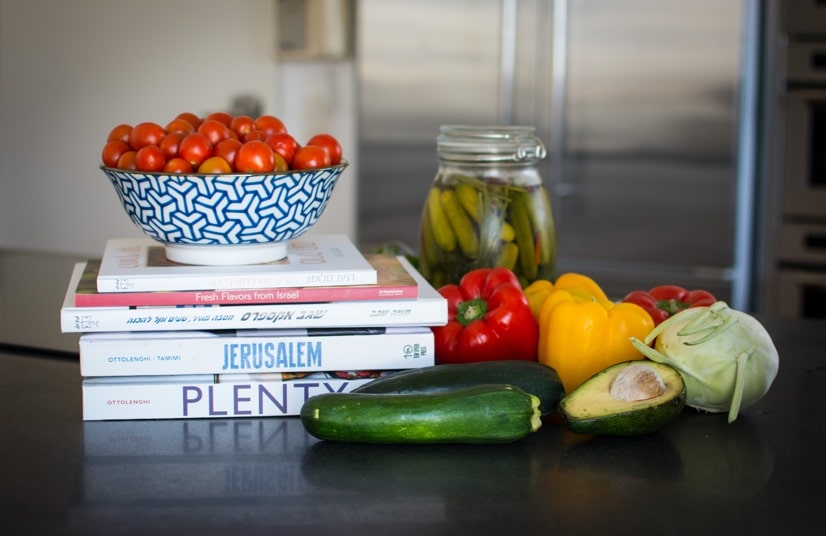
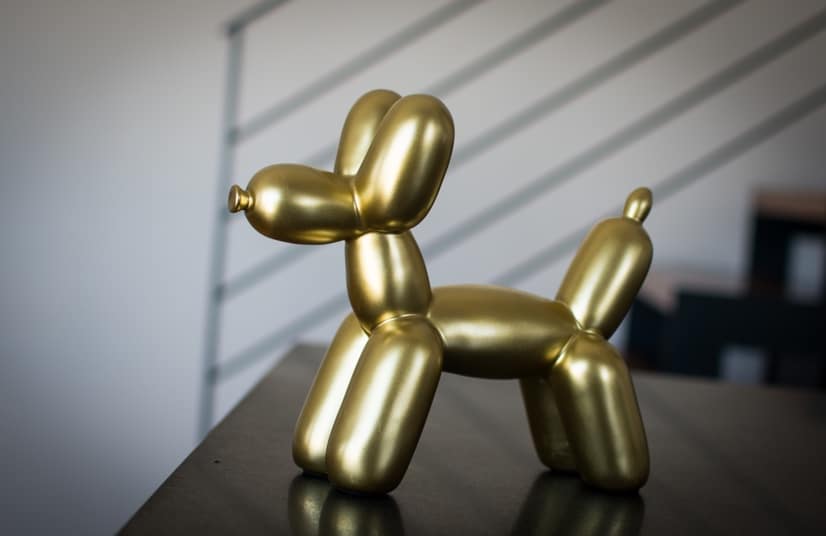
What do you consider one of your greatest achievements to date?
I don’t have one specifically, but I’m deeply grateful for the opportunities I’ve had to play a small role in historical moments and to learn from changemakers, from working to help President Barack Obama, Secretary Clinton, and the many state and local campaigns across the U.S.A. to the founders and innovators I work with today. I am inspired every day by these people.
Campaigns are such a team effort.
Behind every win or loss is a team. Sometimes a dozen, sometimes thousands of people focused on the same goal. Together, you pour your entire heart and energy into organizing and election day. It is an incredible experience to see passion, dedication, and teamwork turned into collective impact. Everyone should go work or volunteer on a campaign (many times).
I was always active in my local community.
Moving to Israel has been an opportunity to learn about and get engaged in issues that I care deeply about.
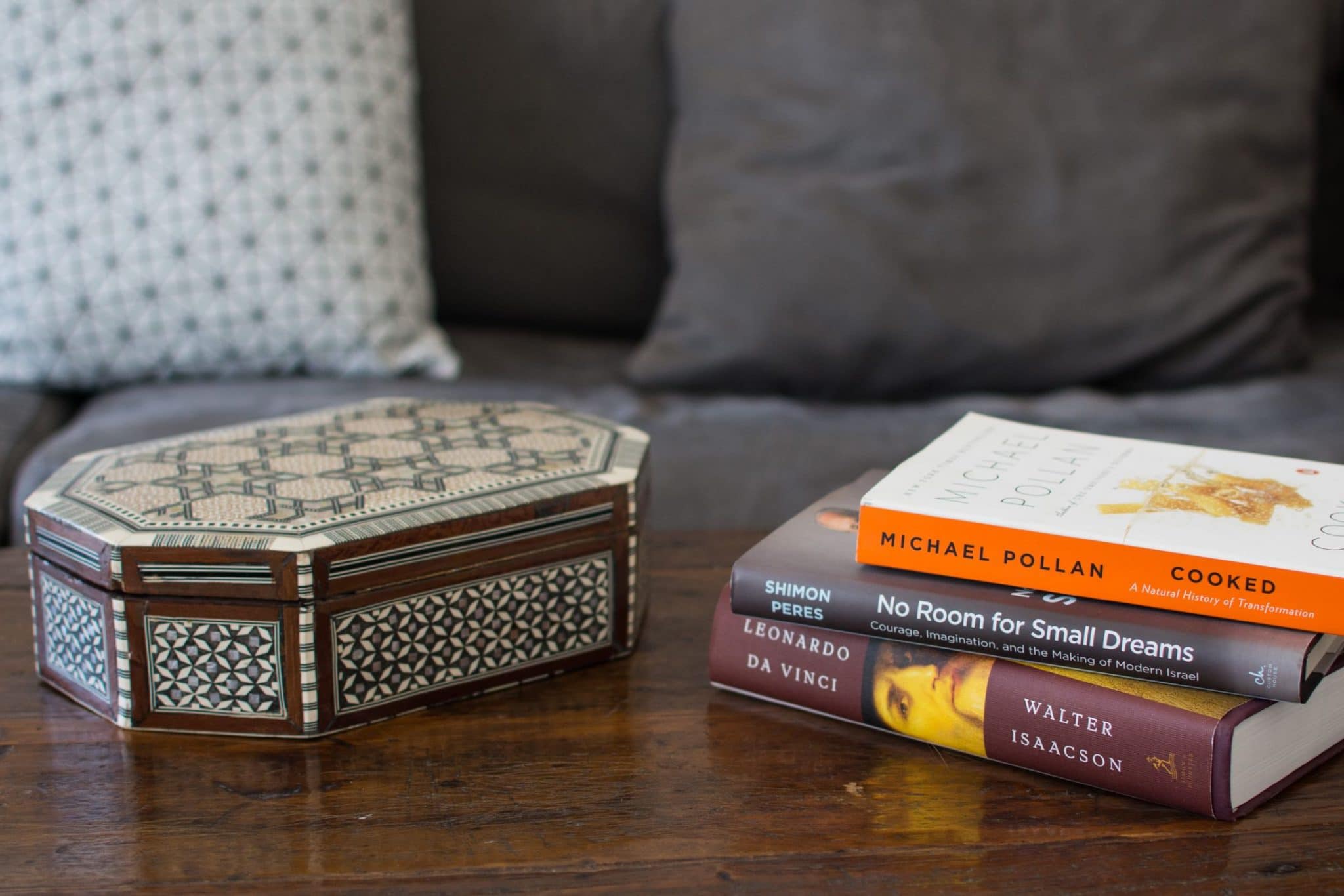
What is something that keeps you awake at night?
Right now, it is the midterm elections and civic participation.
In 2016, there was a 56% voter turnout. What keeps me up at night is calling my networks, sending them calendar invitations to remind them to register to vote, volunteer, support and VOTE.
When people stay home, it has such a damaging effect on democracy.
➡️?? What are some specific tips that you can share with people about preparing for the midterm elections? ??⬅️
The first thing to do is make sure that you’re registered to vote. That’s just a baseline thing that everybody absolutely needs to do. Go to WhenWeAllVote.Org to register. Out of walking distance? Both Uber and Lyft are giving free rides to voters on election day.
Have a voting plan. Make sure that you know where you’re voting, when you’re voting, and the issues and candidates. Make sure that you have your vote plan and make sure that you have it early, then work with your immediate friends and family to make sure they have a voting plan and that they know what they’re doing.
Volunteer for and contribute to campaigns. Campaigns need human and financial resources. Contribute your money, contribute your time, contribute both. Elections are won by voter contact, by GOTV, getting out the vote. Making phone calls, knocking on doors, talking to voters. That’s the critical foundation of democracy, so you have to play as much of a role in it as you possibly can. Get engaged locally, and learn who is running to represent you at the local, state, and federal levels.
I’m really excited by the organization, Run For Something, which was founded by my former co-worker, Amanda Litman. They’re helping millennial candidates run and win.
Any voting misconceptions or common confusions that people have that you want to debunk?
The biggest misconception is that your individual vote doesn’t matter or that if you don’t live in the right county, in the right state, in the right year that your vote isn’t as important.
Getting involved at every single level of government, whether that be your city council to your presidential campaign, all of those have such an impact.
No matter where you live, your vote is tremendously important.
The second is that voting is always hard, confusing, and time-intensive. There is still a lot of work to be done to make sure that everyone who is eligible to vote is able to. Every state has its own processes and regulations, so it’s tremendously important to have your vote plan in advance. This year, I’m voting absentee, and it has been very easy and quick.
If you’re an attorney, you can make an important impact by helping local voter protection efforts to make sure eligible voters have access to this fundamental right.
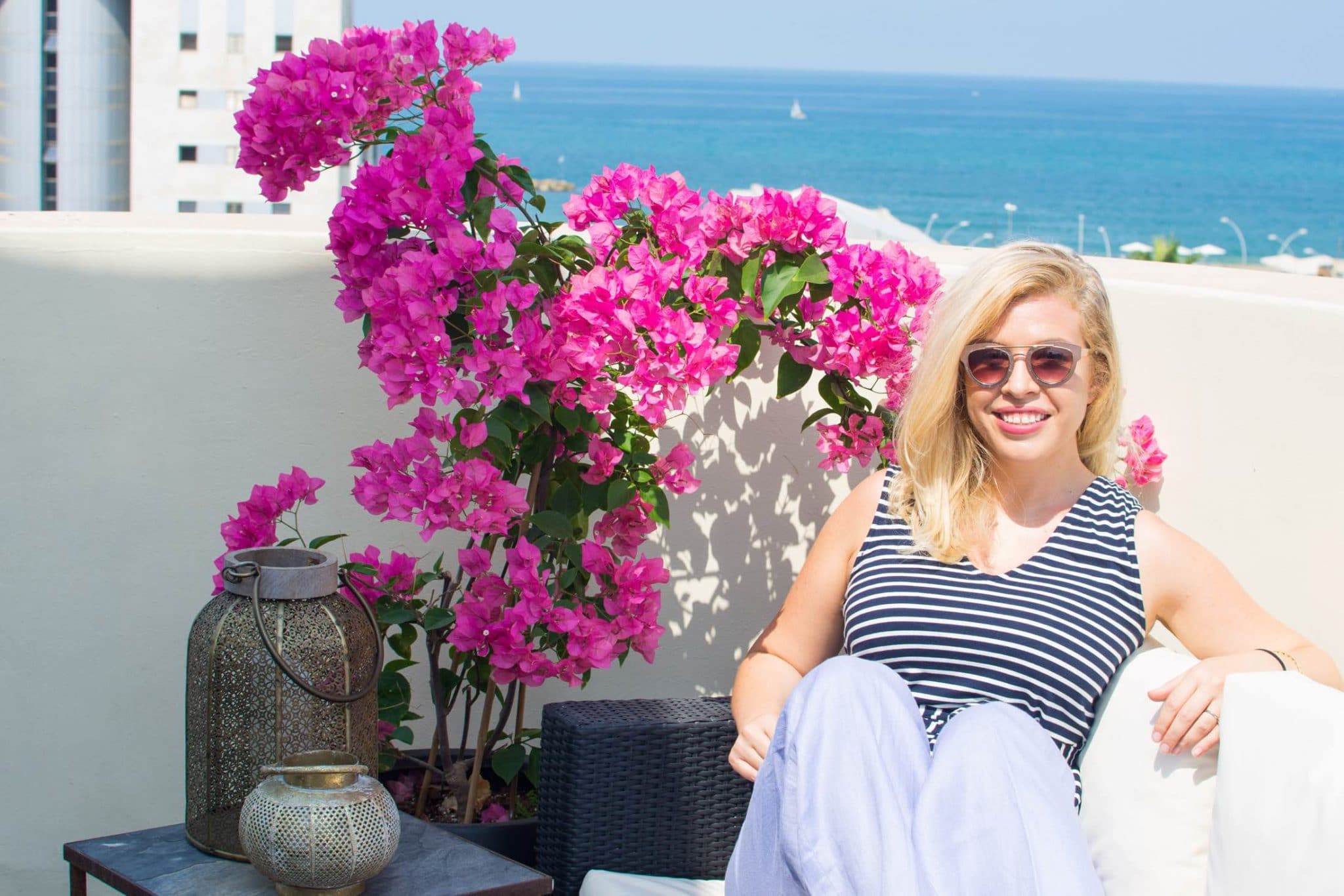
What’s something you’ve learned recently?
I recently started learning how to scuba dive. I’m terrified of fish of all sizes, so it’s going a little slowly for me.
There’s a good rule in scuba diving, which is a good rule in life: if you start getting really nervous, just breathe slowly.
What is your favorite Jewish holiday and why?
I have to say Hanukkah. I think it’s the best.
I love the togetherness of family and friends. In Israel, Hanukkah is tremendously special, because each night you go around to family members or different groups of friends and you light the candles together and eat incredible food. It’s a fun, wonderful time with friends and family, and it lasts for eight nights.
What is your favorite Jewish food?
Latkes, hands down.
Photos by Sharon Cohen-Sturm
Thank you for visiting Arq!
Arq is no longer publishing new content. We hope you'll enjoy our archived posts.